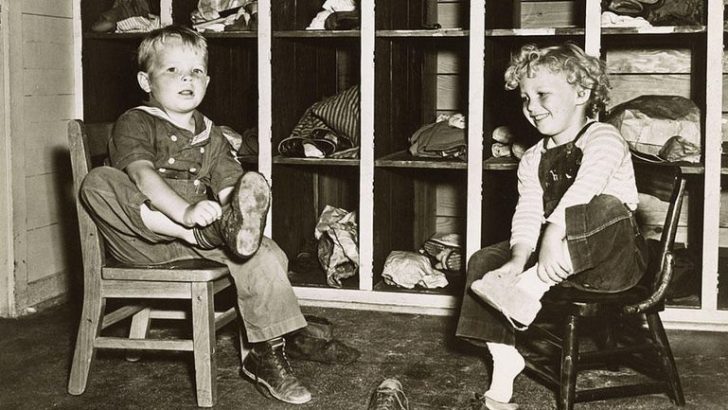In the realm of baby names, trends ebb and flow like the tides. Some names fade into obscurity, only to resurface decades later with a newfound charm. This article explores twelve classic baby names that are poised for a revival, each with its own unique story and historical significance. As we delve into the past, we’ll uncover the allure of these timeless names and speculate on when they might regain their place in the sun. Join us on this nostalgic journey through the world of baby names, where history, culture, and personal stories intermingle.
1. Agnes
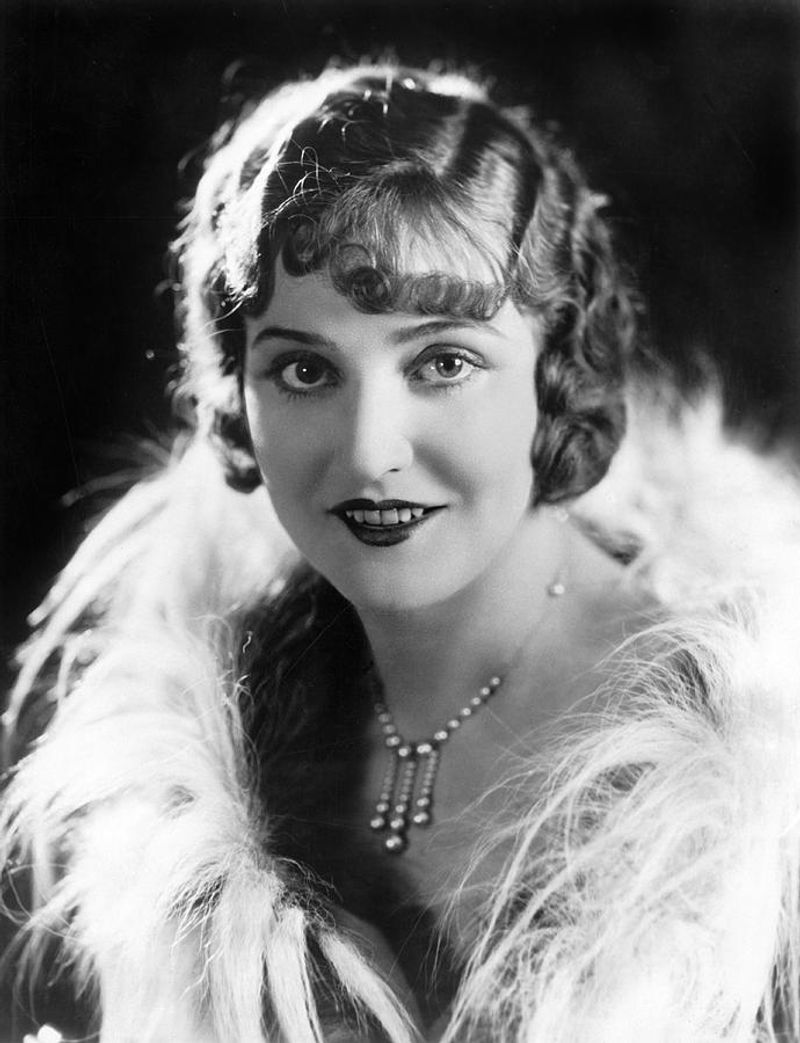
Agnes, once a staple name in the early 20th century, evokes images of grace and elegance. Named after Saint Agnes, a Roman martyr, this name carries a sense of purity and strength. With its Greek origins meaning “chaste,” Agnes was a favored choice among parents seeking a name with historical depth.
As vintage names gain popularity, Agnes stands out with its unique charm and melodic sound. The name’s rarity today makes it a prime candidate for a comeback, appealing to those who cherish tradition yet desire individuality.
Will Agnes grace the playgrounds once more? Only time will tell.
2. Arthur
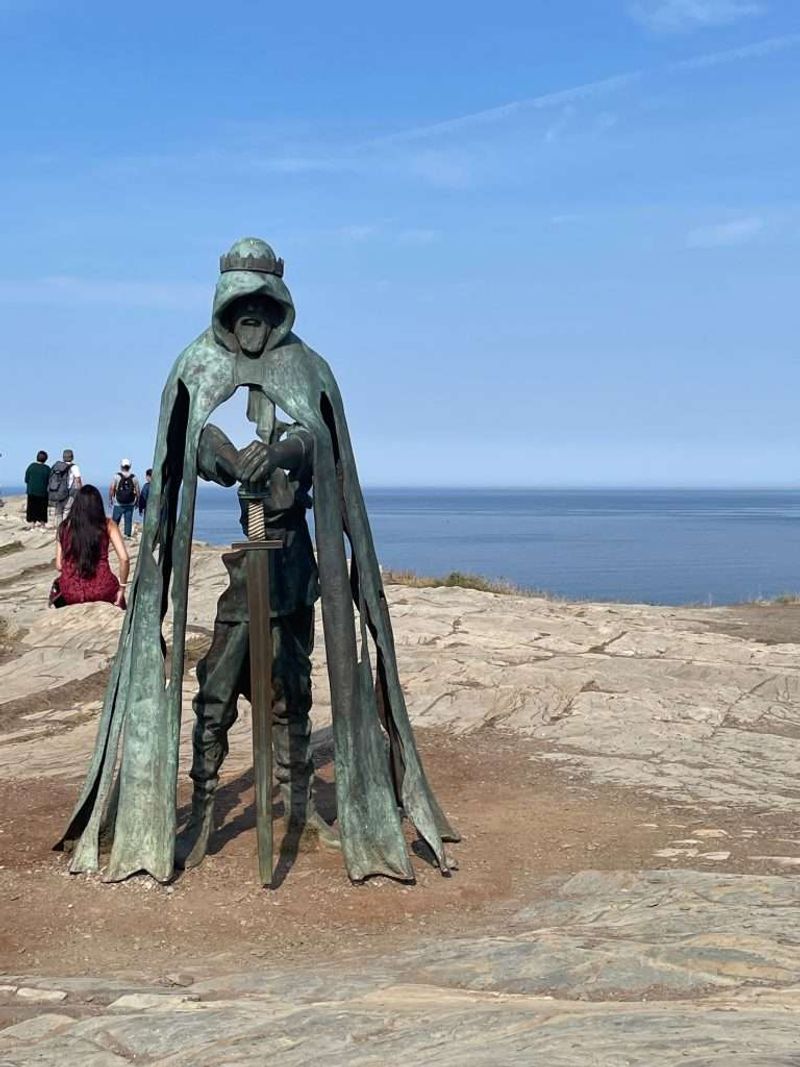
With legendary King Arthur as its namesake, the name Arthur conjures images of bravery and chivalry. This timeless name has roots in Celtic culture, symbolizing strength and leadership. Its association with Arthurian legends adds a layer of storytelling that many parents find enchanting.
Arthur enjoyed immense popularity during the 19th and early 20th centuries, often chosen for its regal sound. As parents seek names with classic appeal and rich history, Arthur’s charm is undeniable.
Could Arthur be the next heroic name to reclaim its throne in nurseries and kindergartens? The future looks promising.
3. Beatrice
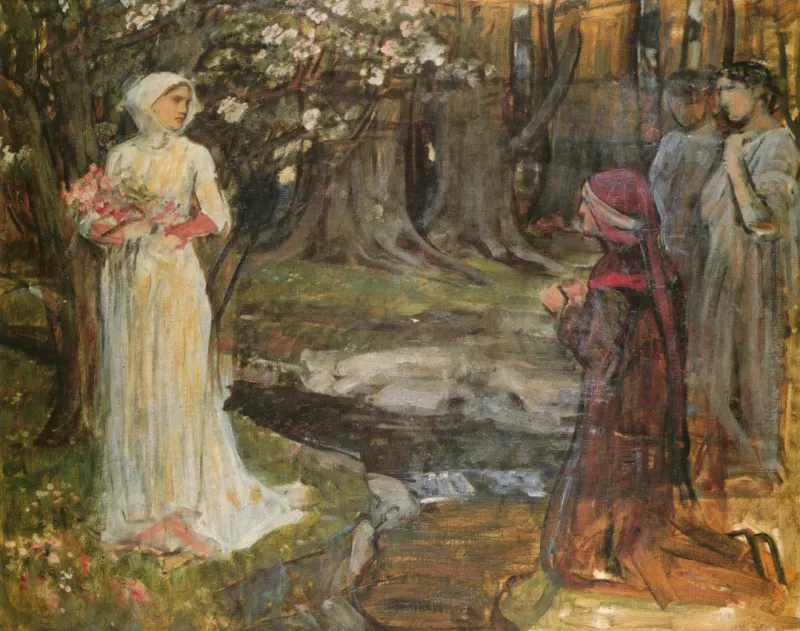
Beatrice, a name that dances off the tongue, has graced the pages of literature and history alike. Derived from Latin, meaning “bringer of joy,” Beatrice is associated with happiness and grace.
Shakespeare’s “Much Ado About Nothing” features the witty and charming Beatrice, adding literary flair to the name’s legacy. Once prevalent in the Victorian era, Beatrice’s classic elegance is ripe for rediscovery.
As trends shift towards names that exude sophistication and a touch of nostalgia, Beatrice might just find her way into the hearts of modern parents.
4. Cecil
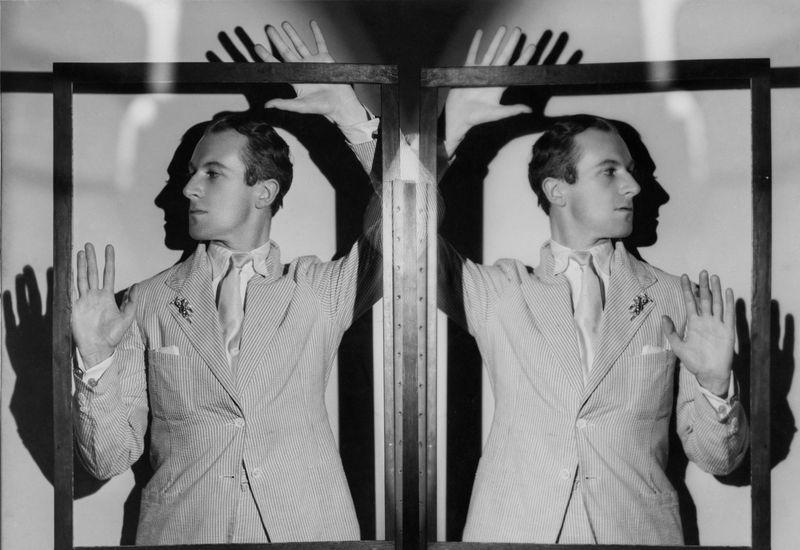
Cecil, with its soft yet distinguished sound, harks back to a time of classic cinema and dapper gentlemen. This name, of Latin origin, means “blind,” but its historical usage transcends its literal meaning.
In the early 1900s, Cecil was a popular choice for boys, often associated with intellect and refinement. The name’s vintage appeal is attracting attention once again, as parents seek names with a touch of old-world charm.
Will Cecil make its way back into the limelight, embraced by a new generation? The nostalgia-driven trend suggests it just might.
5. Dorothy
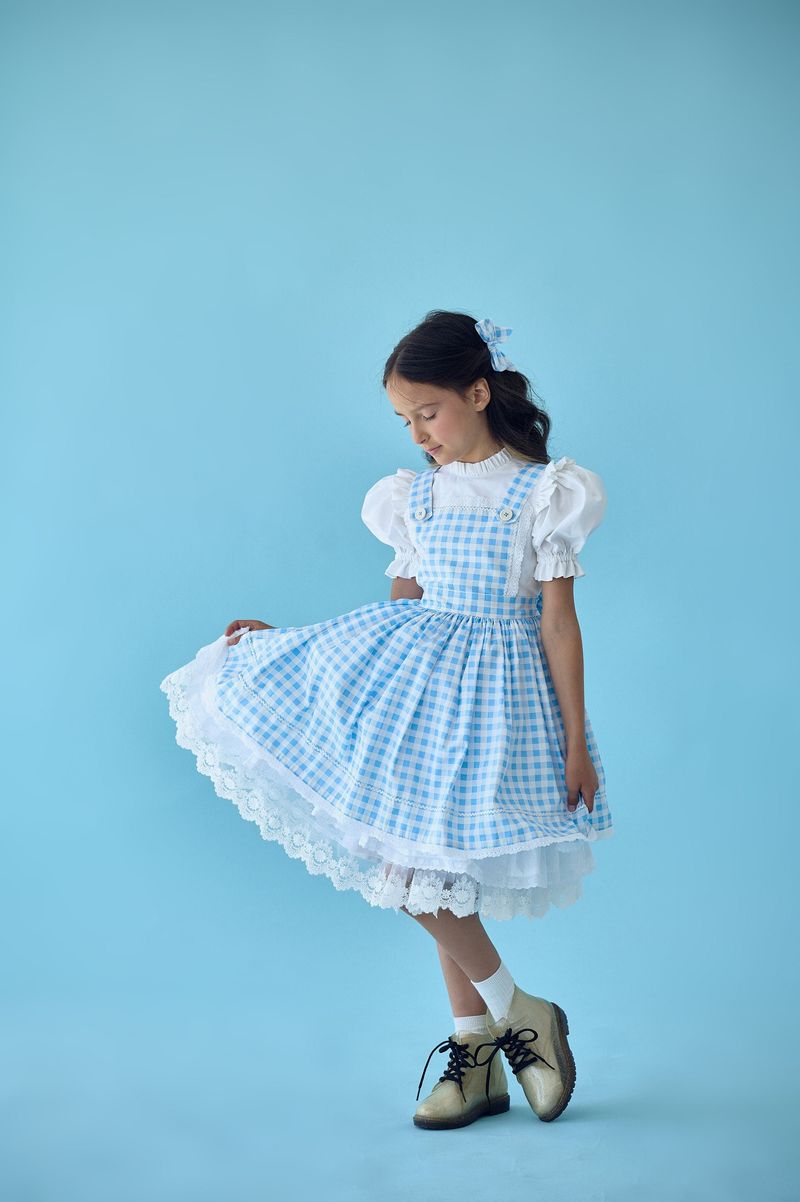
Dorothy, forever linked to the beloved character from “The Wizard of Oz,” carries an air of whimsy and wonder. This name, meaning “gift of God” in Greek, was a favorite in the early to mid-20th century.
The adventures of Dorothy Gale have kept the name in the public consciousness, but its use has waned in recent years. Now, as parents seek names with storybook charm and timeless appeal, Dorothy stands poised for a renaissance.
Could Dorothy’s ruby slippers lead her back into the hearts of parents today? The answer may lie somewhere over the rainbow.
6. Edmund

Edmund, an old English name meaning “wealthy protector,” evokes images of wisdom and resilience. This name has appeared in literary classics, including C.S. Lewis’s “The Chronicles of Narnia,” where Edmund Pevensie plays a pivotal role.
Once a popular choice in the 19th century, Edmund’s intellectual and noble connotations are capturing the interest of parents today. With its solid, traditional sound, Edmund appeals to those desiring a name with depth and historical significance.
Is it time for Edmund to emerge from the pages of literature and into the lively world of modern-day children?
7. Eleanor
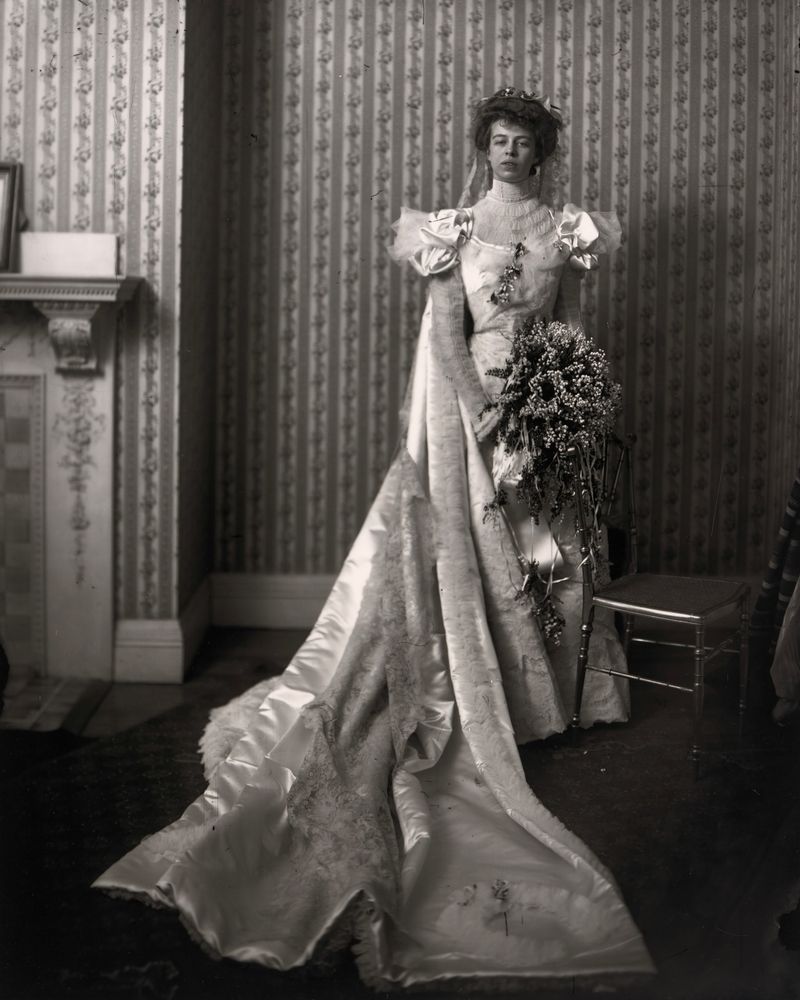
Eleanor, a name steeped in history and elegance, has been associated with queens and leaders throughout the ages. With its Greek origins meaning “light,” Eleanor embodies grace and intelligence.
The name gained widespread popularity in the early 20th century, admired for its regal qualities. Today, as parents seek names that reflect a sense of dignity and class, Eleanor’s timeless charm makes it a strong contender for revival.
Will Eleanor once again illuminate birth announcements and classroom rosters? Its enduring appeal suggests a bright future ahead.
8. Frederick
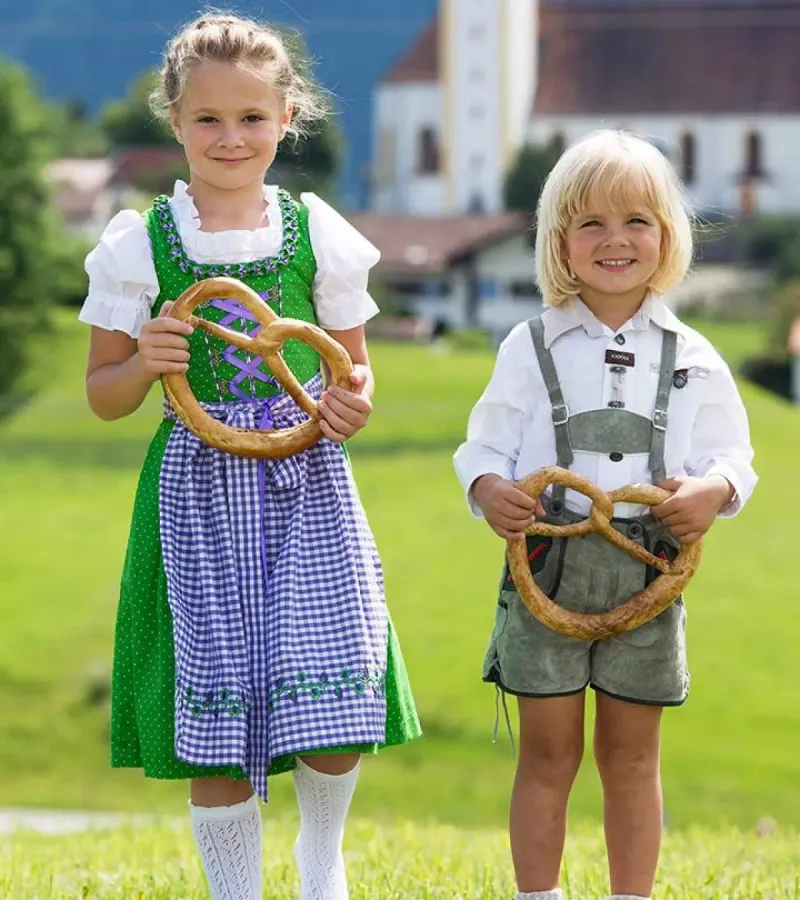
Frederick, a name with Germanic roots meaning “peaceful ruler,” brings to mind images of exploration and leadership. This classic name was a favorite during the 18th and 19th centuries, often associated with nobility and strength.
As parents gravitate towards names that offer both historical resonance and a sense of adventure, Frederick’s appeal is undeniable. The name’s melodic sound and noble heritage are attracting a fresh wave of interest.
Could Frederick be the next name to embark on a journey back into modern family life? The signs point to yes.
9. Genevieve
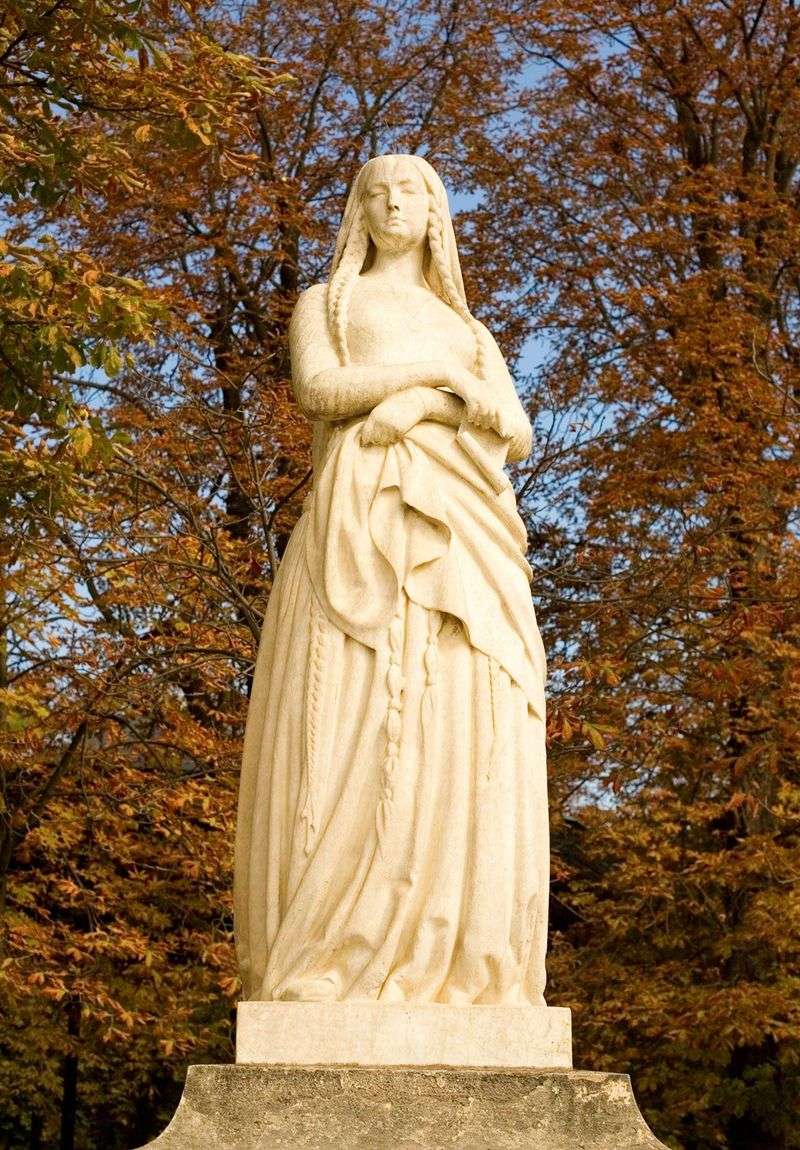
Genevieve, a name of French origin meaning “woman of the people,” exudes elegance and sophistication. Its association with Saint Genevieve, the patron saint of Paris, adds a layer of cultural depth.
This name saw popularity in the early 1900s, admired for its lyrical quality and classic appeal. Today, as parents embrace names with European flair and historical significance, Genevieve’s graceful sound is capturing hearts anew.
Is Genevieve poised to bloom once more in nurseries and playgrounds? The allure of its timeless beauty suggests it just might be.
10. Harold
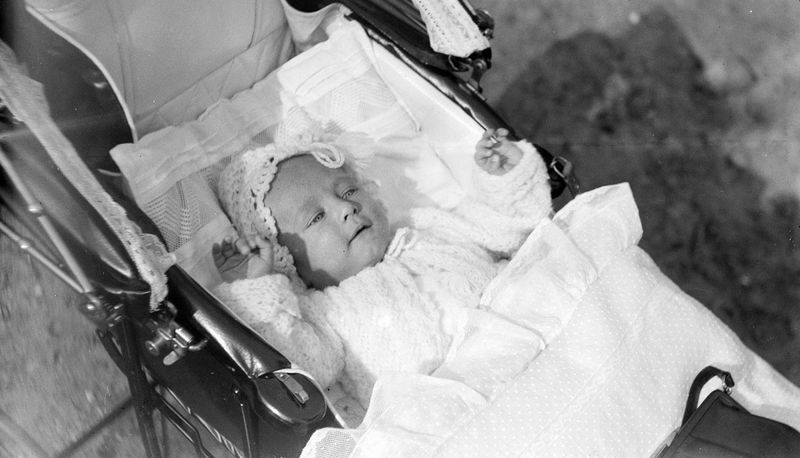
Harold, with its Old English roots meaning “army ruler,” connotes strength and leadership. This name, popular in the early 1900s, often brings to mind distinguished figures and historical leaders.
While its usage has dwindled in recent decades, the trend towards strong, traditional names is reviving interest in Harold. Its straightforward, no-nonsense sound appeals to those seeking a name with gravitas and historical weight.
Could Harold’s commanding presence find favor once more among new parents? The tide seems to be turning in its favor.
11. Irene
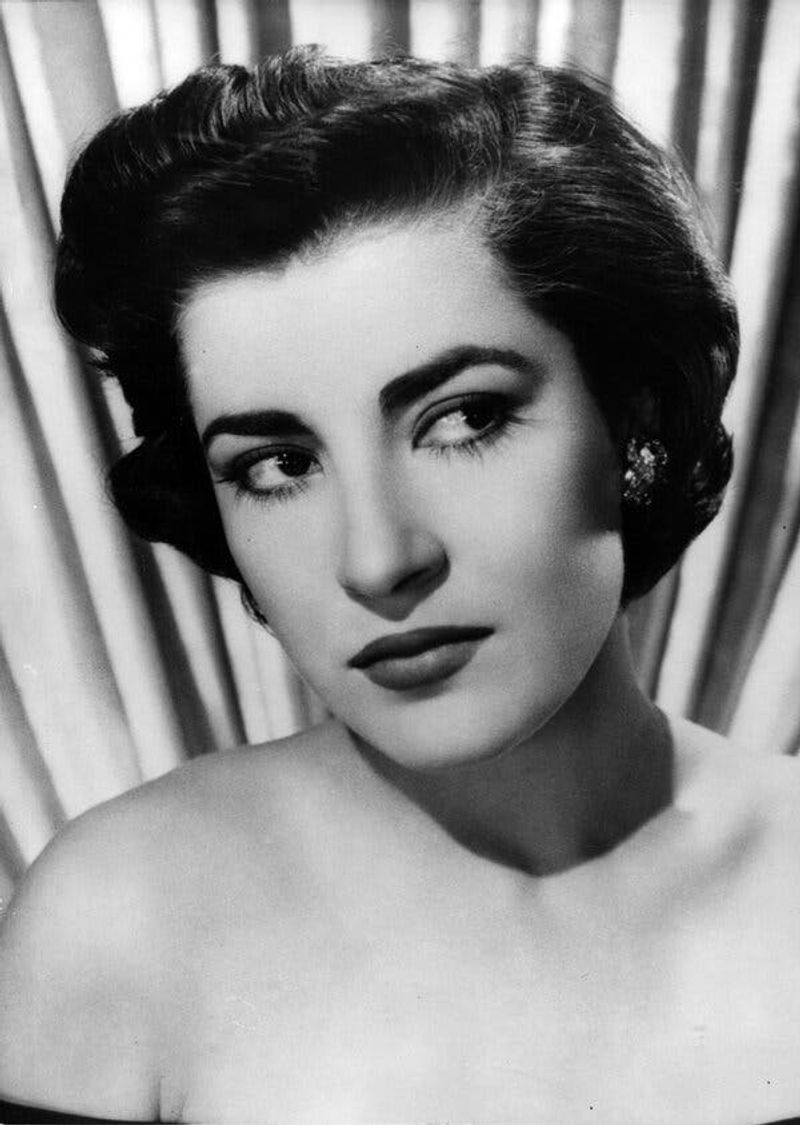
Irene, a name that means “peace” in Greek, radiates calmness and serenity. Popular in the early to mid-20th century, Irene has graced figures of culture and history with its gentle yet strong presence.
As society leans towards names that reflect harmony and inner strength, Irene’s peaceful aura is gaining renewed admiration. Its classic simplicity and enduring charm make it a compelling choice for modern parents.
Will Irene’s tranquil beauty once again grace birth announcements and family discussions? The prospects look promising as trends turn to timeless elegance.
12. Josephine

Josephine, a name that evokes the spirit of the roaring twenties, is synonymous with elegance and independence. With French origins meaning “God will increase,” Josephine has been adored by royalty and artists alike.
In the 1920s, the name’s popularity soared, reflecting the era’s dynamic energy. Today, as parents seek names with a nod to history and a touch of glamour, Josephine’s sophisticated allure is captivating a new audience.
Could Josephine dance her way back into the hearts of modern families? The rhythm of its timeless charm suggests an affirmative sway.
Hi all, I am Sidney, an accountant, a hobbyist photographer, and a mother to two sweet girls who are my motivation. I love sharing the tips and tricks I gained all these years I’ve been a mother. I hope it will help you!

